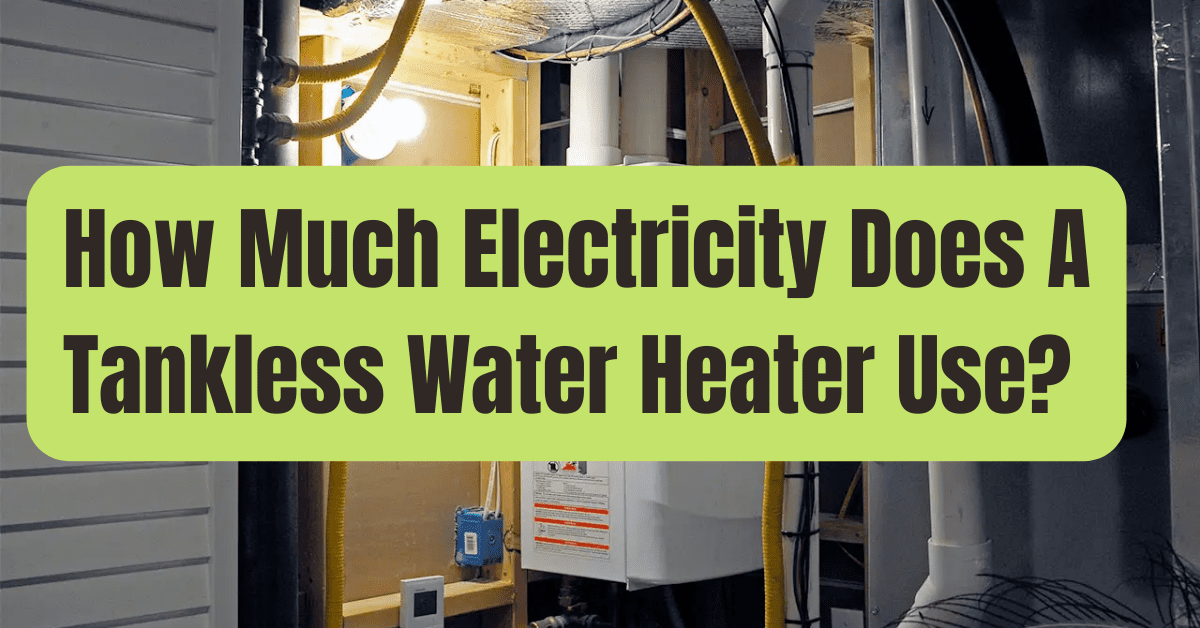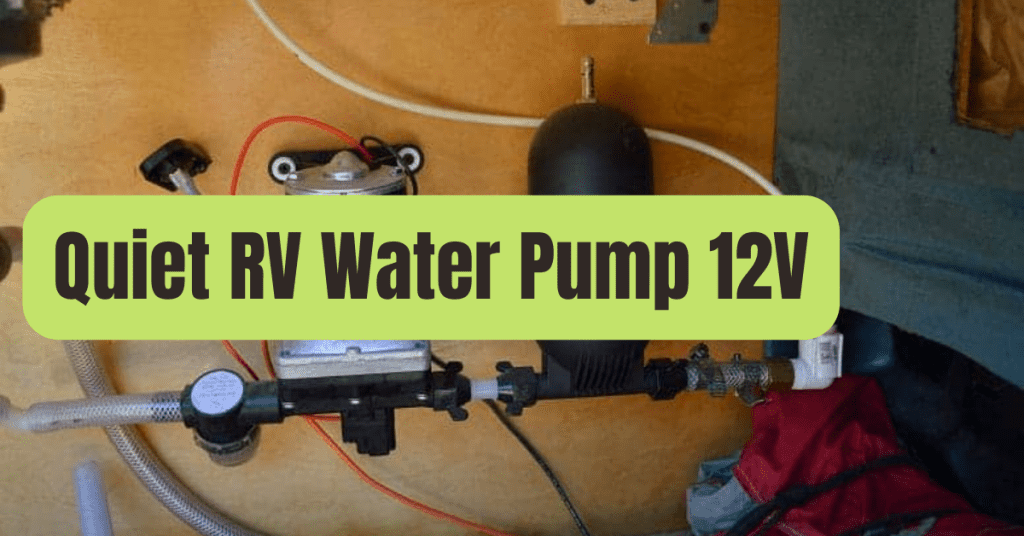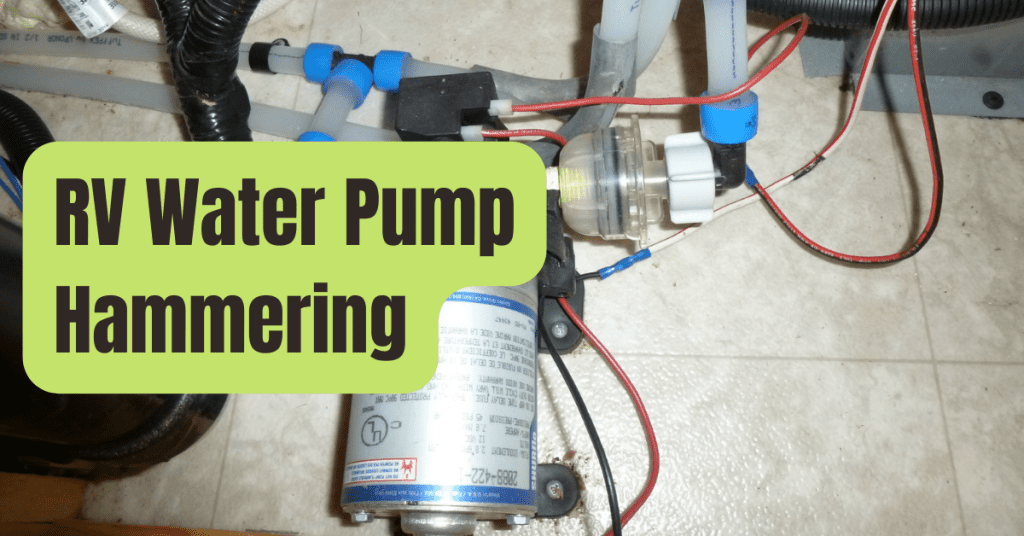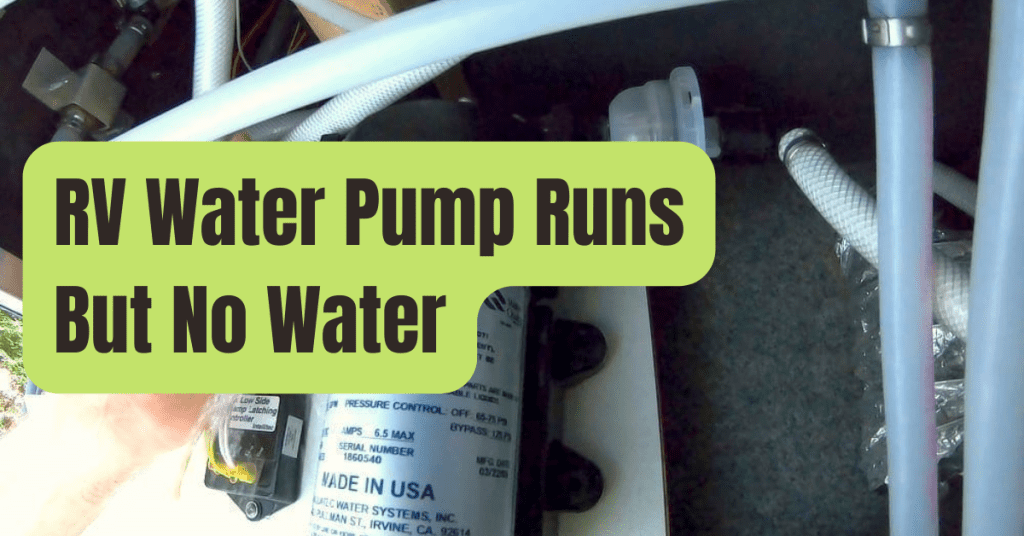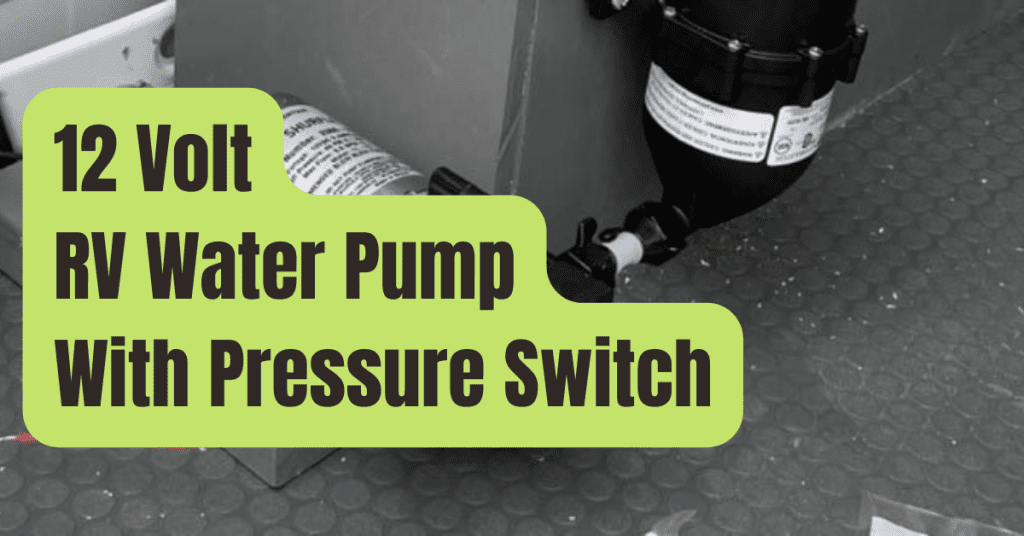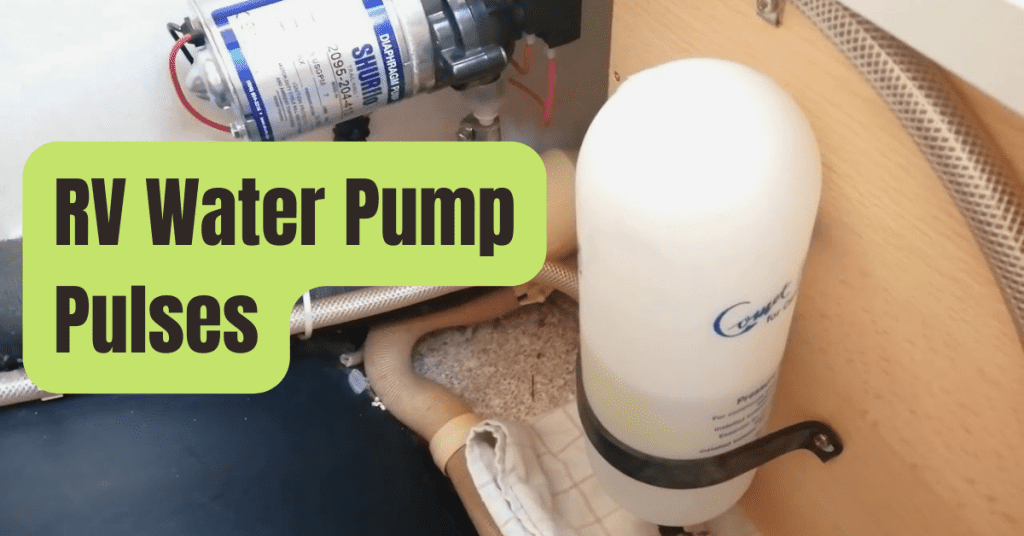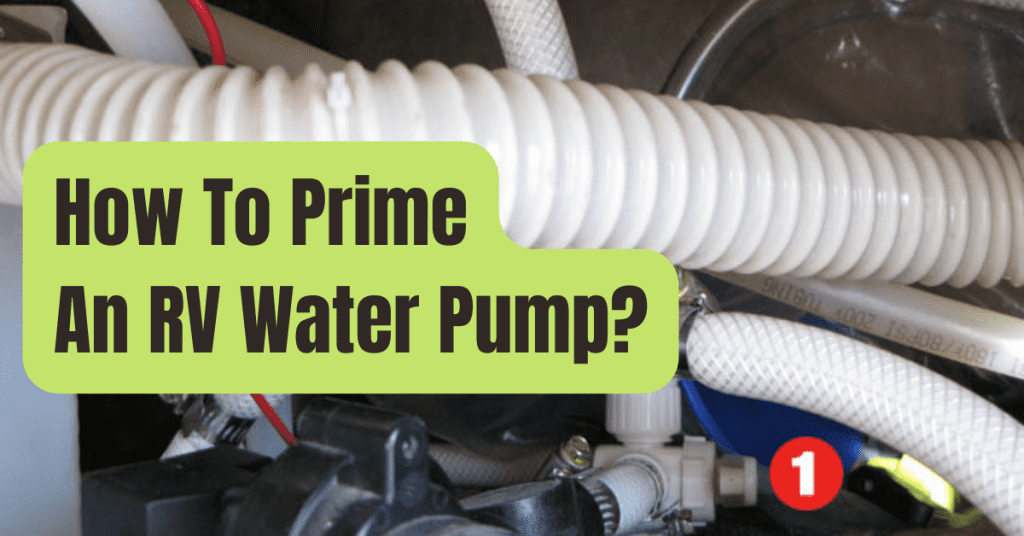“Water heaters account for about 17 percent of a home’s total energy usage, which is more energy than is used by all of the other appliances in a home together.”
DOE on water heaters
Electric tankless water heaters use a significant quantity of electricity from the electrical outlet (when running).
Surprisingly, they both save a lot of energy and money compared to other options.
We are going to investigate the precise amount of energy that is required to run a tankless water heater by using the power equation P = I * V and the cost equation Cost = kWh * t (h), respectively.
Let’s face it:
The process of heating water is one of the most energy-intensive activities.
Tankless heaters bring the temperature of the water up in a matter of seconds (15 seconds from cold to hot water).
In order to do it, we will need an enormous amount of power.
Does this imply that tankless water heaters use a significant amount of electrical power?
Both yes and no.
Electrical tankless heaters may use up to 30,000 watts of power while they are actively heating the water.
To put this in perspective, the typical power consumption of a washing machine is somewhat more than 1,000 W.
(and it will run for 1-2h).
Nevertheless, electric tankless water heaters do not operate continuously as traditional models do.
When we make use of hot water is when all of this energy is put to use to heat up the water.
This is the place where you can find out whether or not tankless water heaters are genuinely worth the money and whether or not they help you save money.
In point of fact, even the Department of Energy in the United States acknowledges that tankless water heaters have the potential to drastically cut monthly power bills:
“Demand water heaters may be anywhere from 24 to 34 percent more energy efficient than typical storage tank water heaters for residences that utilize 41 gallons of hot water daily or fewer.”
DOE on energy efficiency of tankless water heaters
The typical daily water use for a dwelling is lower than 41 gallons.
The energy savings range from 24–34 percent, which is quite a lot.
Tankless water heaters are a good financial investment since they save money on electricity (they also last for 10-15 years).
But how exactly can such a power-hungry equipment bring down the monthly cost of the electricity?
Since the voltage is usually 220 or 240 volts, the question that needs to be answered is how many amps does a tankless water heater require.
This is the most important factor.
Let’s perform some quick math to figure out how much power a tankless hot water heater that operates on demand consumes:
What Is The Typical Monthly Cost For Operating An Electric Tankless Water Heater?
It is not difficult to determine the maximum operating expenses associated with tankless water heaters.
The most important piece of information that you need to know is how many watts a tankless water heater uses.
Here is a little illustration, and there will be more to come later.
Example: You have a tankless electric heater with a capacity of 20 kW, for instance.
What is the monthly operating cost for it?
Solution: If you operate a heater with a capacity of 20 kW for one hour, it will use the equivalent of 20 kWh of power.
That doesn’t seem to be very much, does it? Obviously, there are a lot of other aspects that come into play, such as the temperature of the incoming water, the amount of demand for hot water, and so on.
It is probable that you will operate your heater at its maximum output for the first 15 seconds, after which the heating output percentage (and therefore the expenses of the water heater) will begin to reduce.
Not everyone has access to a tankless inline water heater with a capacity of 20 kW.
In terms of the use of electric tankless water heaters, let’s have a look at two really significant numbers:
- How many kilowatt hours of power does a tankless water heater consume in one hour?
- How many kilowatt hours of energy does a tankless water heater consume in one month? The charge for the monthly power.
Electricity Consumption of a Tankless Water Heater by the Hour
When it comes to determining the amount of power that tankless water heaters use in an hour, there are just two factors that need to be considered.
These include:
- How many watts of power does a tankless water heater need to operate?
- How much does one kilowatt-hour (kWh) of electricity cost in your region?
Please bear in mind that these values are only applicable in the event that the heating output of an electric tankless water heater is at its maximum level.
The vast majority of the time, it operates at a percentage lower than 100%.
When figuring out how much power a tankless water heater uses in a month, having these information is quite helpful:
Utilization of Electricity for a Tankless Water Heater on a Monthly Basis
The most accurate representation of how much power is used by an electric tankless water heater throughout its operational cycle is provided by the monthly electric bill.
Because of this, it could be beneficial to compare the amount of power that various tankless water heaters consume on a monthly basis.
The main issue here is that it is quite challenging to predict the number of hours that we utilize the tankless heater on a daily basis as well as its typical output (keep in mind that it does not always operate at its maximum capacity).
We may use a very rough estimate, which states that an ordinary household with three to seven people would use up the equivalent of thirty-five minutes of a tankless water heater’s time while it is operating at its maximum heating output.
This is based on requirements of 16-60 gallons per day in a region with an input water temperature of 52 degrees Fahrenheit.
In addition to this, one must take into consideration the tankless water heater’s average energy efficiency, which is 97%.
It should come as no surprise that the precise cost of operating an electric tankless heater is dependent on a wide variety of factors.
Despite this, the Department of Energy reports that tankless water heaters use far less power than traditional electric water heaters.
Tankless water heaters heat water without a storage tank.
Find products that have the Energy Star designation to get the most potential savings on your monthly power bill.
You will find that these electric tankless heaters may have an energy efficiency of up to 99% if you look at our list of the best and most energy-efficient electric tankless heaters here.
It is also crucial to ensure that the tankless heater you choose is the appropriate size.
You may learn more about the correct size requirements for tankless water heaters by clicking here.
You will get a temperature map of the incoming water as well as two samples of the size of tankless water heater you will require.
A Few Words On How Much Electricity Is Consumed By A Gas-Powered Water Heater That Does Not Have A Tank
The use of gas tankless heaters is an entirely other matter.
They are powered by gas, either propane or natural, depending on the model.
Gas tankless appliances need a negligible (almost nonexistent) quantity of electrical power.
The water itself is not heated by the electricity; rather, the power is solely utilized to maintain the electric circuit.
You can discover that gas units may be up to one thousand dollars more costly than electric tankless units if you check out the article that compares gas tankless heaters to electric tankless heaters.
However, gas tankless water heaters are more cost-effective than conventional water heaters in terms of the efficiency with which they heat water.
This is due to the fact that gas, whether it be propane or natural gas, is about three times more affordable (per heating output) than electricity.
On this page, you will be able to determine how much propane a tankless water heater that runs on propane consumes.
The amount of money spent on electricity to maintain an inline gas water heater is much less than ten dollars per year.

